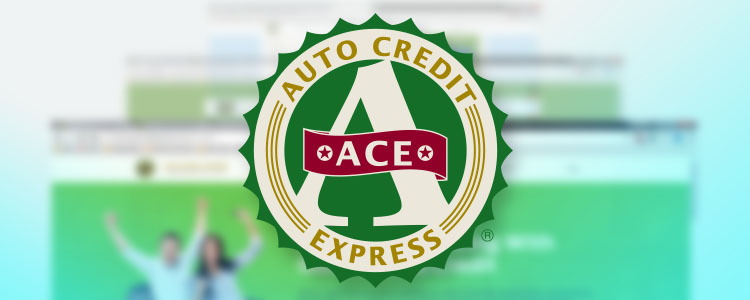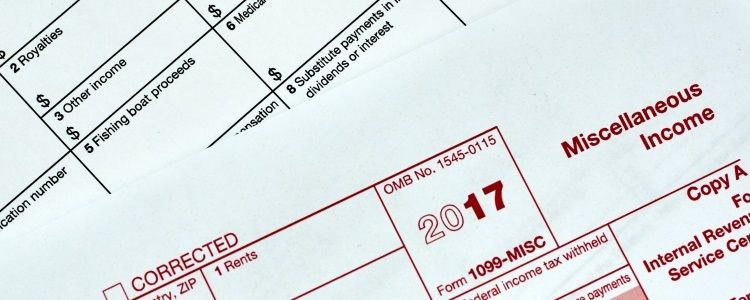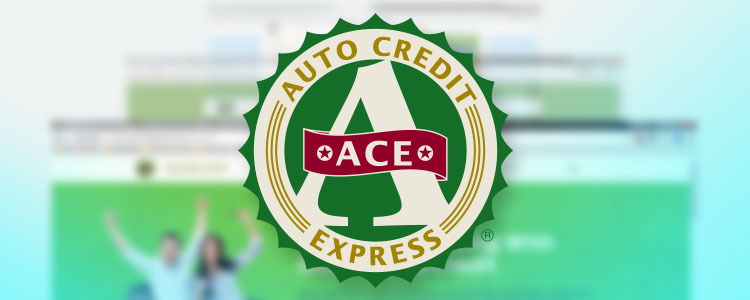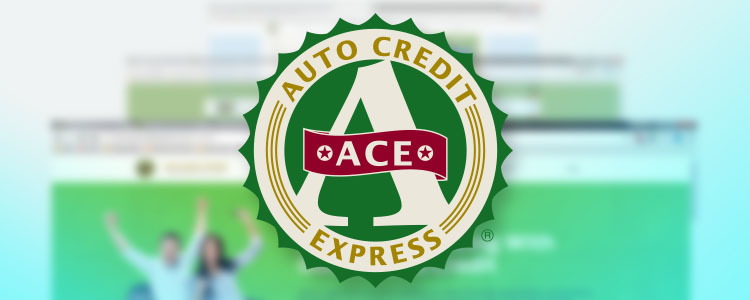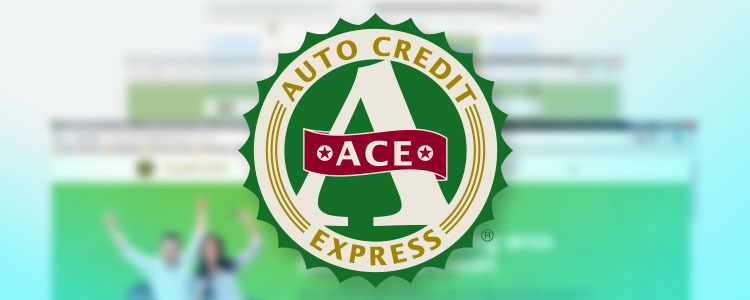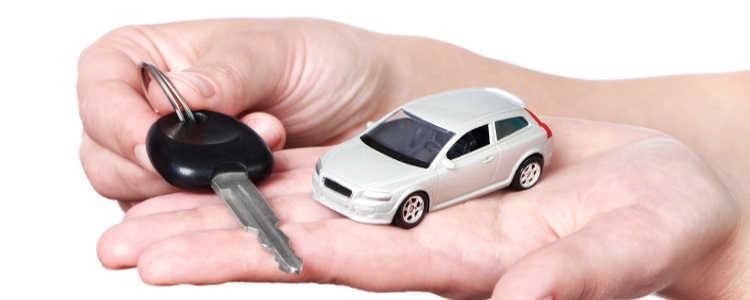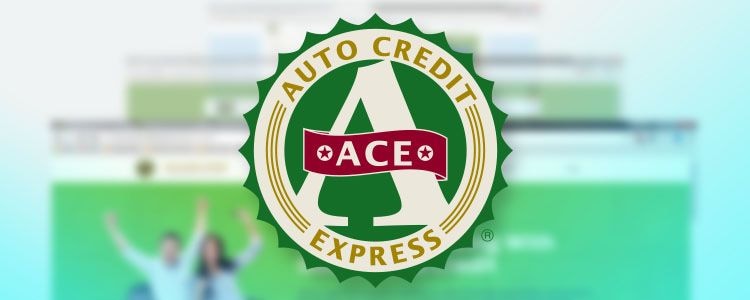Even if you make a lot of money, getting paid in cash can make financing a vehicle difficult if you have poor credit. Here at Auto Credit Express, a consumer recently asked us this question:
"Hi, I am looking to finance a car but I don't have an over the table job. I clean houses for a living. However, I just wrecked my car and am looking to buy another. I would put down a very large down payment, at least four or five thousand cash."
Bad Credit and Unrecorded Income
First of all, we're going to assume that this person probably has bad credit. We say this because if they had good credit, they wouldn't have a problem financing a new car – especially with a four or five-thousand-dollar down payment.
But it's problematic if they have poor credit because all subprime lenders require proof of income and, unfortunately, bank deposit records aren't considered to be adequate proof of income.
The problem with being paid in cash is that in many cases, being paid in cash means all or part of your income is "under the table" or "off the books." This is also true for people who receive non-payroll checks, where nothing (income taxes, social security, Medicare, etc.) is withheld from their pay.
Basically, it means you either don't receive a W-2 statement or if you do, it doesn't accurately reflect the amount of money you make. This is where you can run into trouble if you have bad credit and need an auto loan.
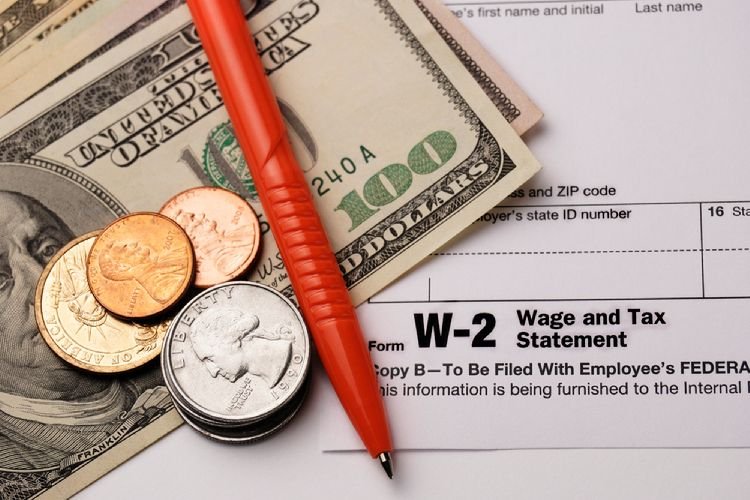
Where most traditional lenders do not, subprime lenders require proof of income. They need to verify what you make because bad credit car loans are considered riskier. So, income verification is their way of taking a precaution. As far as these lenders are concerned, applicants can prove their income with either a computer-generated W-2 which lists year-to-date income if they are a regular employee, or professionally prepared tax returns (often multiple years) if they receive a 1099 or are paid in tips. Without either of these (and sometimes both), applicants have no proof. Even if they can produce banking records that show this, it is not considered proof and it will not be accepted as such.
Subprime lenders are more stringent with their income qualifications for several reasons. The main one is they're trying to determine a practical car-buying budget for you. This is why they set a minimum monthly income requirement, which typically ranges from $1,500 to $2,500. And it's also why they calculate your debt-to-income (DTI) ratio.
Even if you meet the minimum monthly income level, it's all for nothing if you can't prove it with acceptable documentation. Additionally, if you have the proof but don't report all of your earnings, your DTI ratio could appear way off and cause your application to be rejected.
So, not only do you need to be able to show proof of W-2 income, but the amount stated on it must meet both the lender's minimum monthly requirement and result in an acceptable DTI ratio. For most subprime lenders, your DTI cannot exceed 50% of your income.
Obviously, reporting no yearly income will result in an automatic auto loan rejection otherwise, how could the applicant repay the loan?
But things get equally sticky if applicants underreport their income – that is, fill out a tax return with less money than they actually made. This is why:
Subprime lenders first determine a borrower's monthly income using a pay stub, W-2 wage statement, or, in the case of consumers who are self-employed, checking their yearly gross income on one or more tax returns. Then, after calculating their monthly bills, they compute their debt-to-income ratio to determine a monthly car budget while also figuring in auto insurance expenses.
This process can affect car buyers with tip income in two ways:
- If the income reported on tax returns is too low, the loan application will not be approved due to a lack of income.
- If the income is high enough but the monthly bills are too high when compared to the reported income (usually because the person's actual income is higher) the loan application will also be denied because the debt-to-income ratio (DTI) is too high.
Car Loans for Under-the-Table Workers
Since this person gets paid under the table, we're also going to assume that they don't receive a W-2 wage and tax statement from the people whose houses they're cleaning.
This means that with no W-2 to prove this income, the only other proof that's typically acceptable to subprime lenders is one to three years of professionally prepared income tax returns. These must show a net income (after expenses) that meets both a lender's minimum income requirements as well as a favorable debt-to-income ratio (monthly bills, plus a car payment and car insurance, can't exceed 50% of a borrower's income).
Chances are, this person doesn't show all (or possibly any) of their income on a tax return, so getting a loan from a subprime lender is probably not in the cards.
People with tip income have a tendency to, shall we say, fail to report either a portion or even all of this income on their tax returns. They do this to either pay less or, in extreme cases, no income tax. But it can also prevent them from getting a car loan if their credit scores are less than stellar. It's also, strictly speaking, against the law.
According to the IRS:
- Tips are taxable. Tips are subject to federal income, Social Security, and Medicare taxes.
- Include tips on your tax return. You must include in gross income all cash tips you receive directly from customers, tips added to credit cards, and your share of any tips you receive under a tip–splitting arrangement with fellow employees.
- Report tips to your employer. If you receive $20 or more in tips in any one month, you should report all of your tips to your employer. Your employer is required to withhold federal income, Social Security, and Medicare taxes.
- Keep a running daily log of your tip income. You can use IRS Publication 1244, Employee's Daily Record of Tips, and Report to Employer, to record your tip income.
Other Car Buying Options
There are, however, other car buying possibilities consumers who get paid in cash under the table can explore:
- Check out a buy here pay here car lot – Financing a vehicle through one of the larger, national BHPH car lots (one that reports loans and timely payments to the credit bureaus) is a viable option, especially with that kind of a down payment
- Pay cash for a vehicle – Used car prices are trending up, and at this point, $4,000 to $5,000 may not get you a decent used compact or subcompact car. But don't shell out your cash for something unreliable just because it's in your budget. With a little more savings, a shopper may find the right vehicle for sale from a private seller or independent car lot.
In either case, consumers need to do their homework. This means checking sites such as Kelley Blue Book and NADAguides to be sure they're paying a fair price.
The Bottom Line
Unless they report all of their income, credit-challenged consumers who get paid in cash under the table will find it very difficult to get approved by a subprime lender. But there are acceptable alternatives including paying cash or getting financed with a BHPH dealer that reports to the credit bureaus.
If you need a vehicle, begin the process by completing our online auto loan request form. Auto Credit Express will work to match you with a dealership near you that specializes in getting people in unique situations financed.

